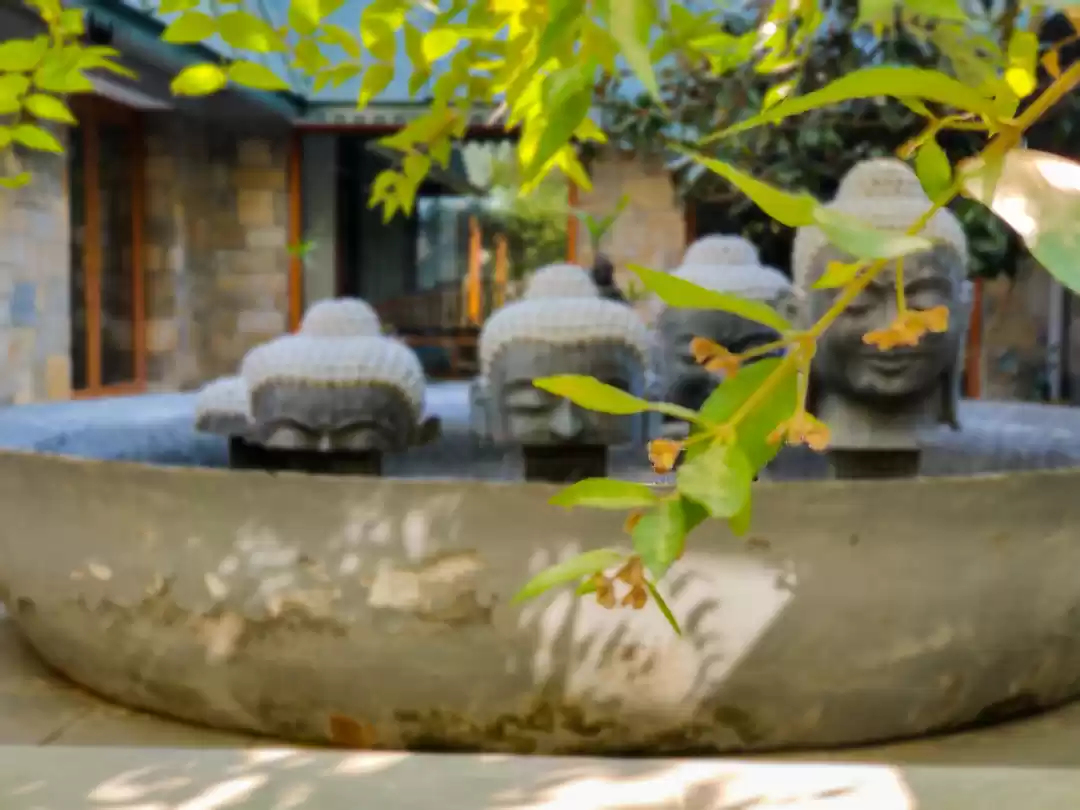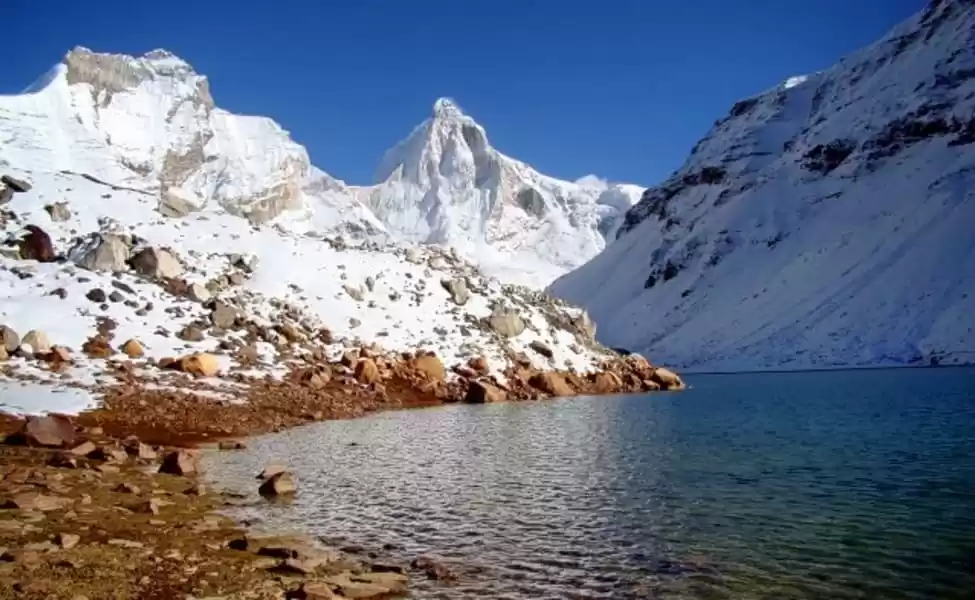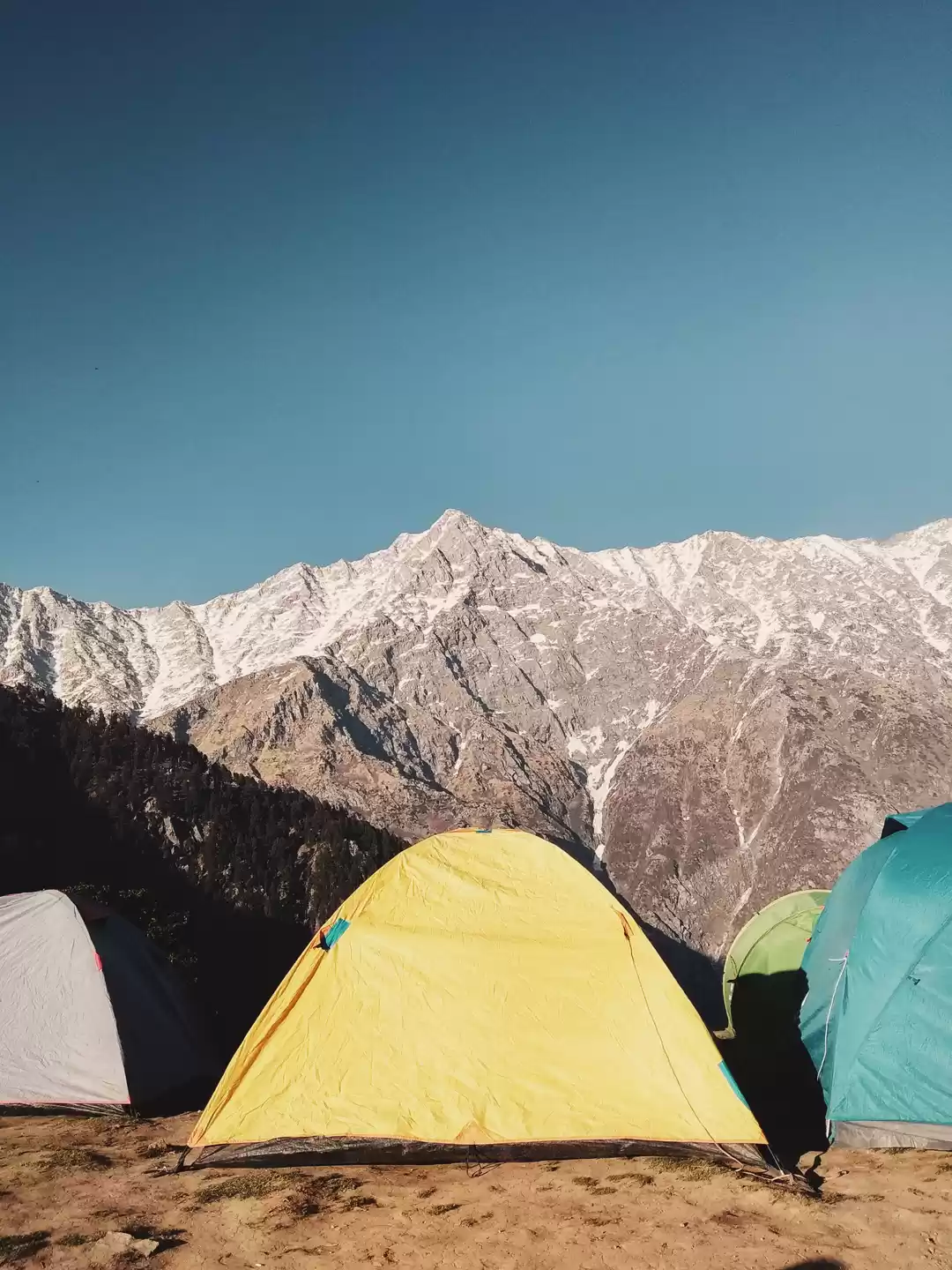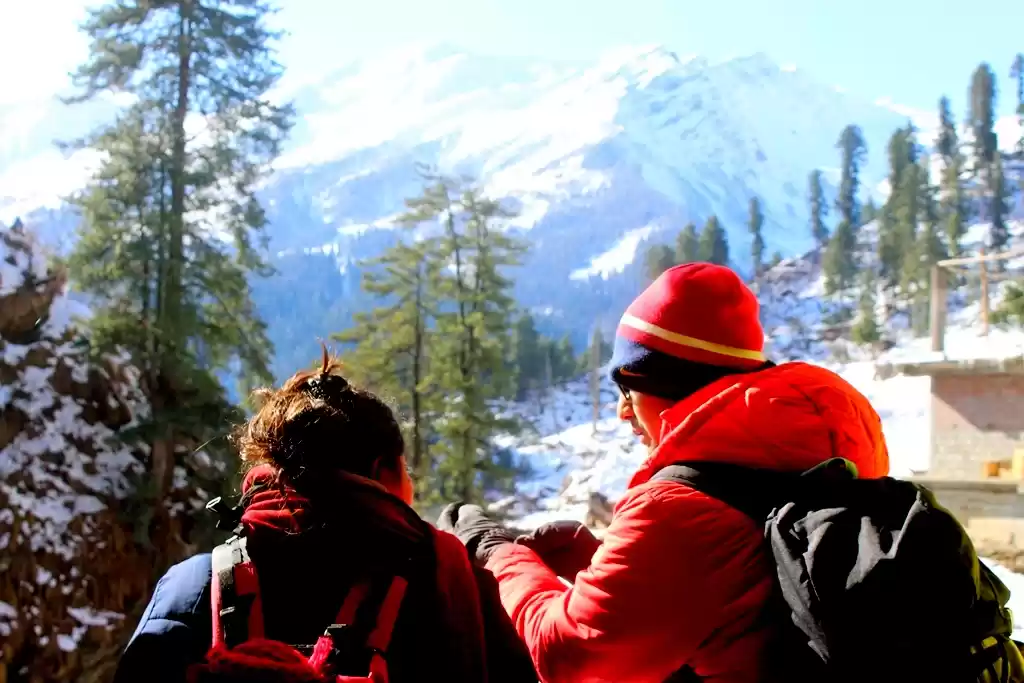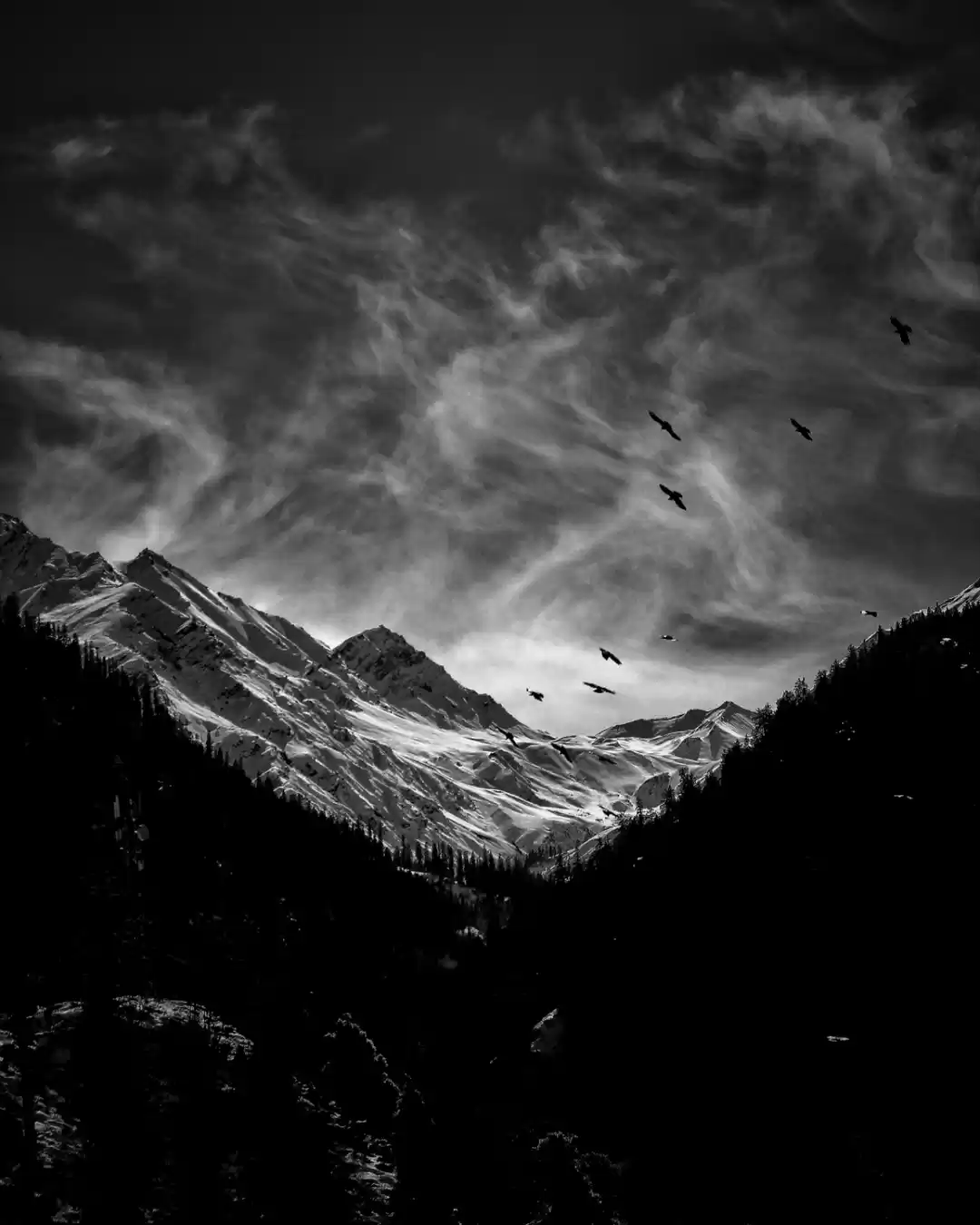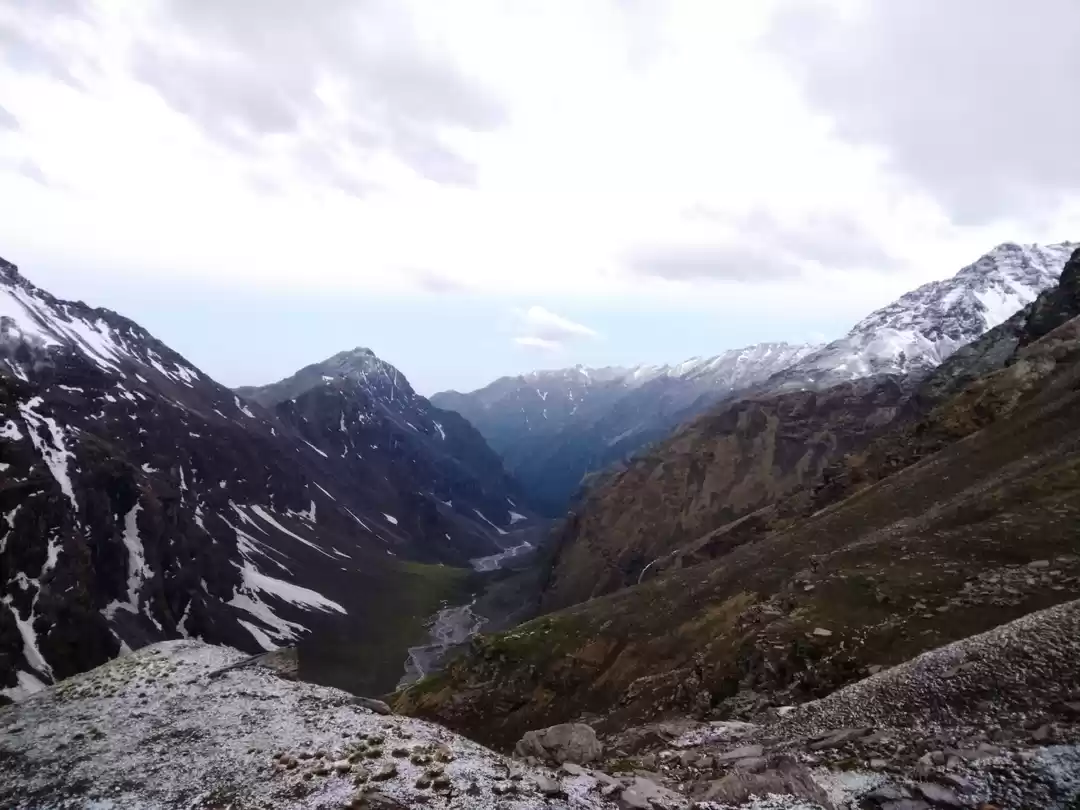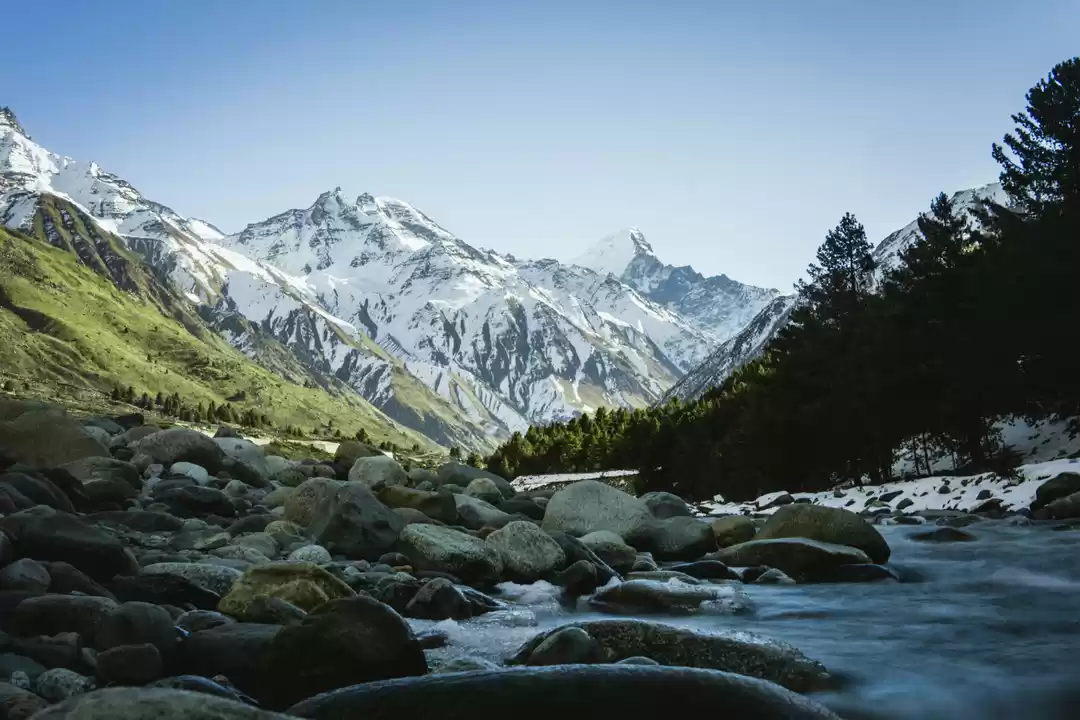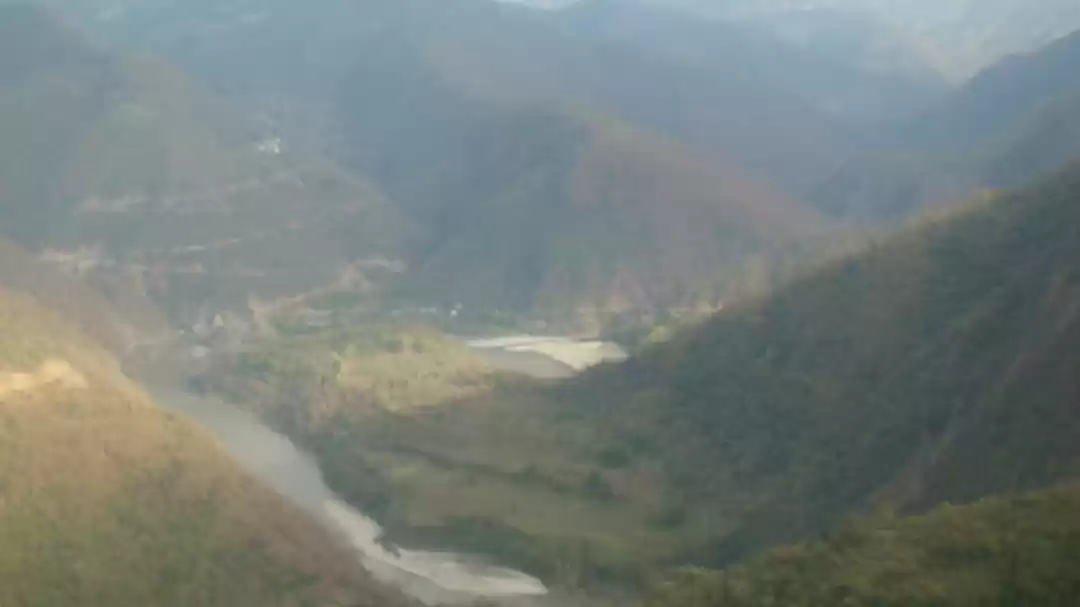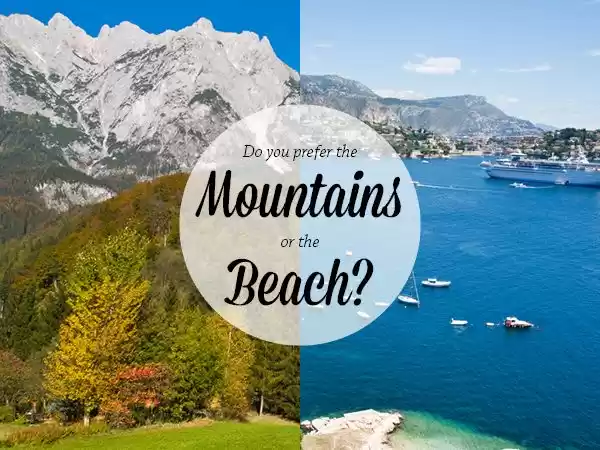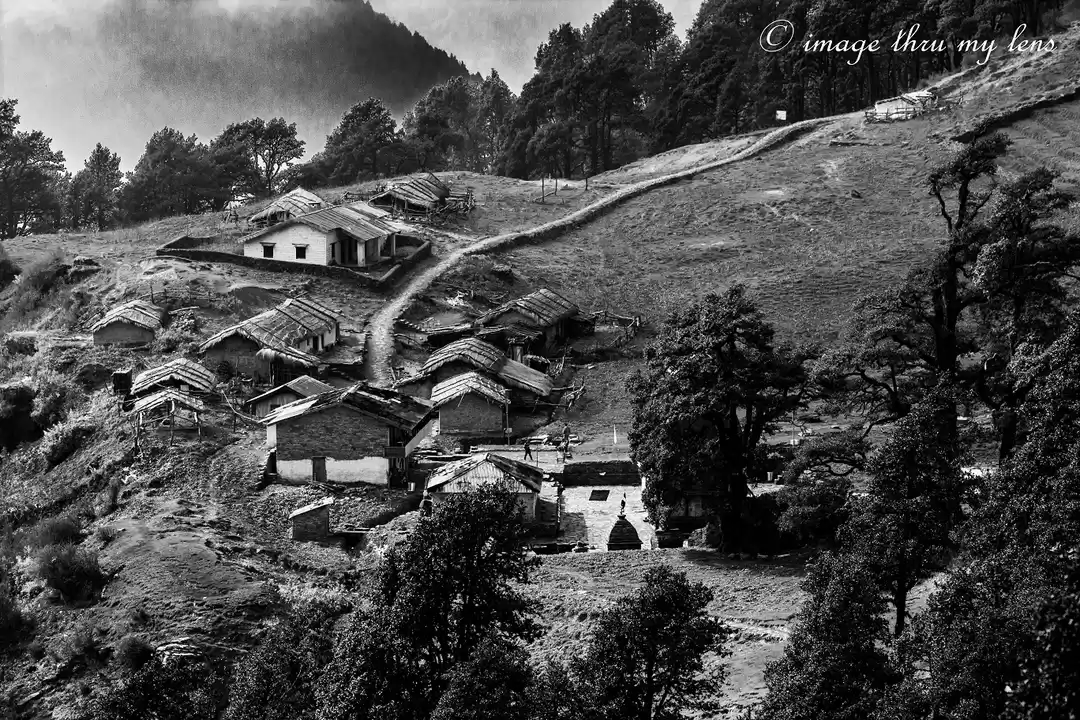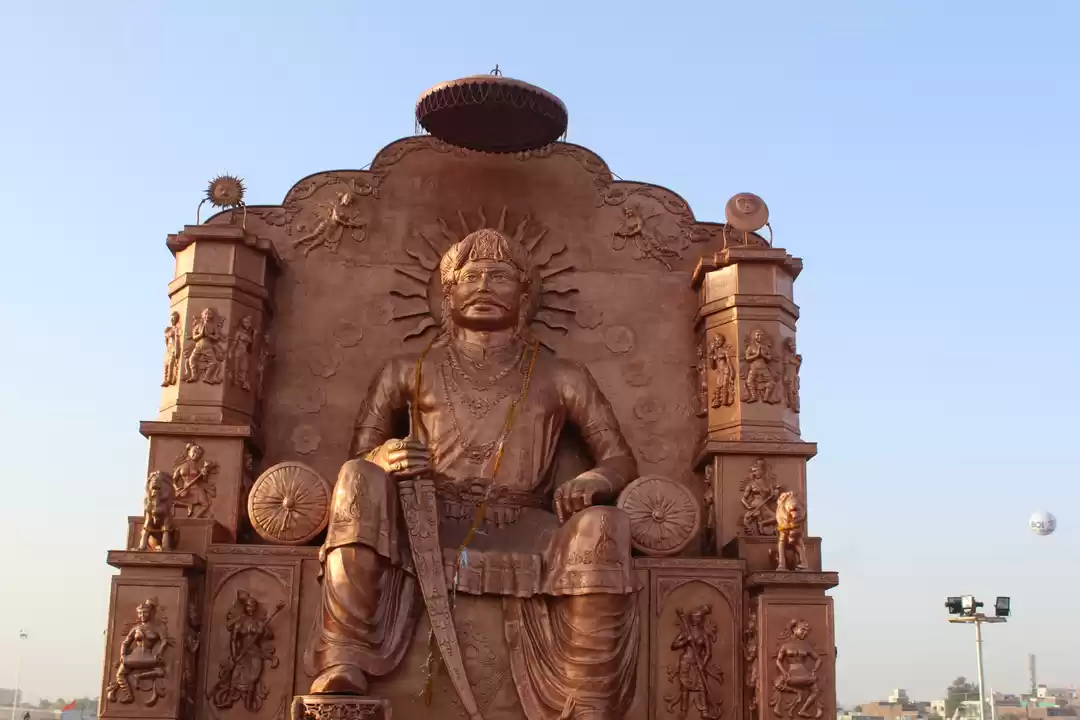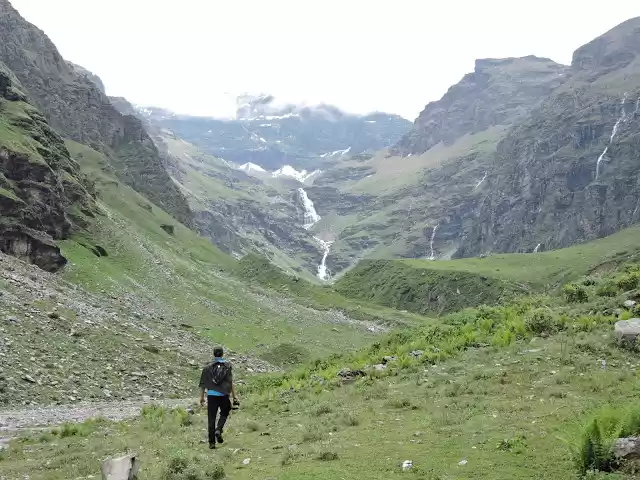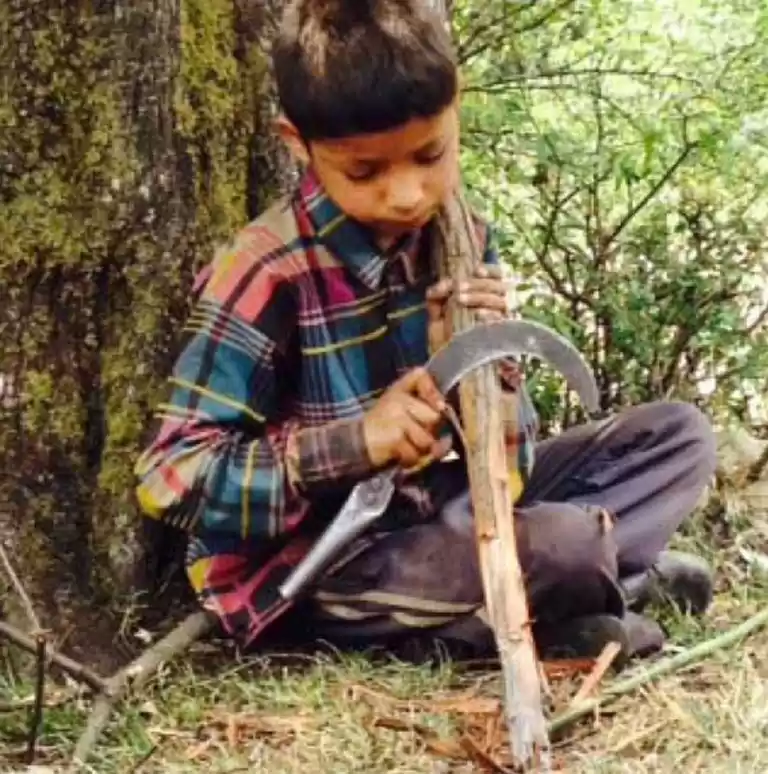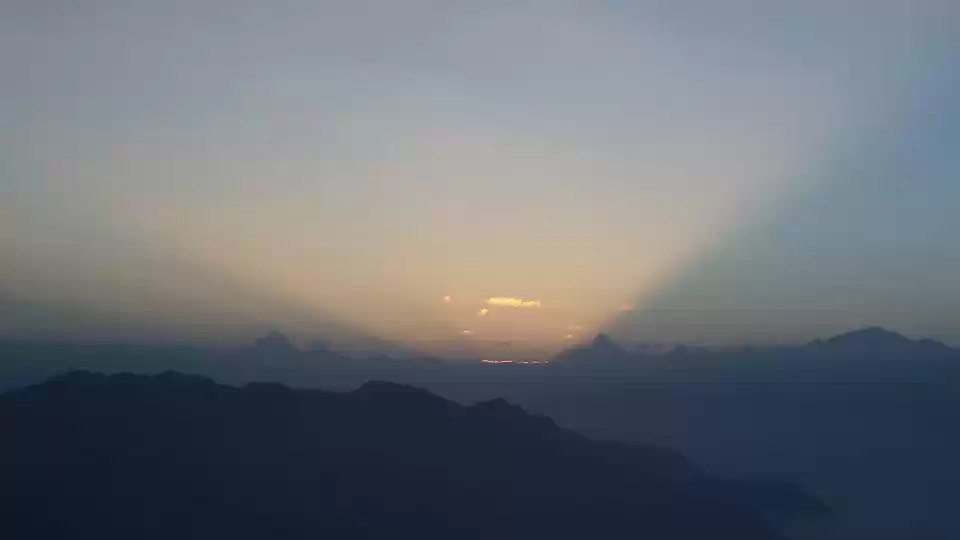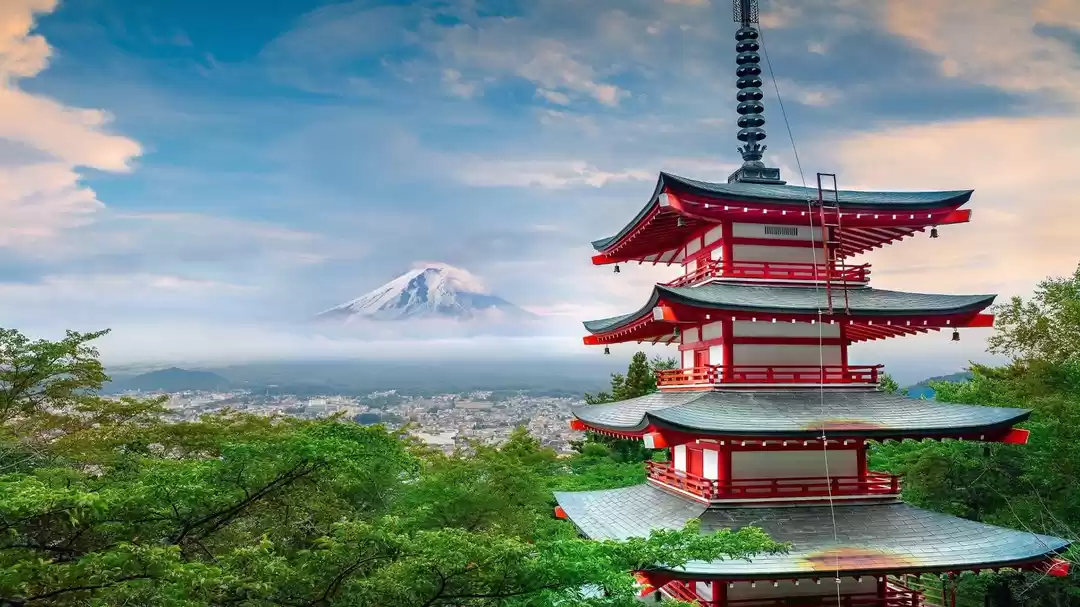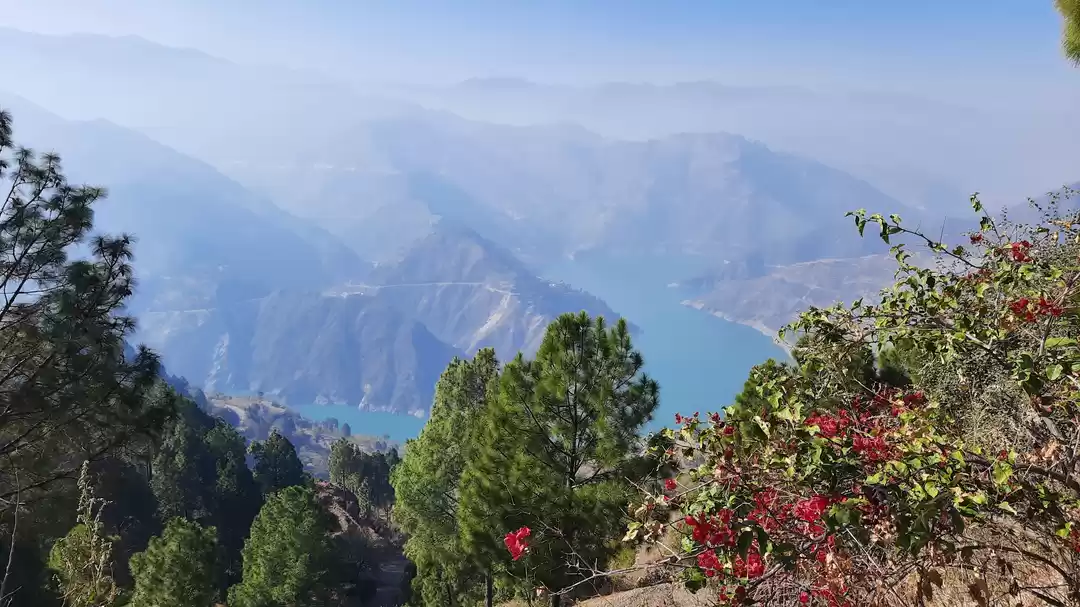Look at a mountain right from the base all the way to the summit, just stay put in front of it. It's sheer scale simply towers one's materialistic, frivolous complacency. That's one of the reasons why I love being in the mountains, to realise, time and again just how insignificant one can be in the scheme of larger things.
Recently I stumbled upon a term in psychology - Locus of control - and found out whatever I was experiencing actually had a name.
Locus of control refers to the extent to which people feel that they have control over the events that influence their lives. A person's "locus" is conceptualized as internal (a belief that one can control one's own life) or external (a belief that life is controlled by outside factors which the person cannot influence)
The fine balance between internal and external locus of control impacts individual's evaluation of a situation and response on core level.
As you'd imagine a person goes through frequent swings in this orientation.To me, or those that seek being out there, I think, mountains play an important role in reconciling this.They help me stabilize the mind, out there or when I'm back recollecting precious moments, such as this.
Whenever there's an imbalance in one's locus of control they provide the right amount of solitude, spectacle and a boulder to lean on.




